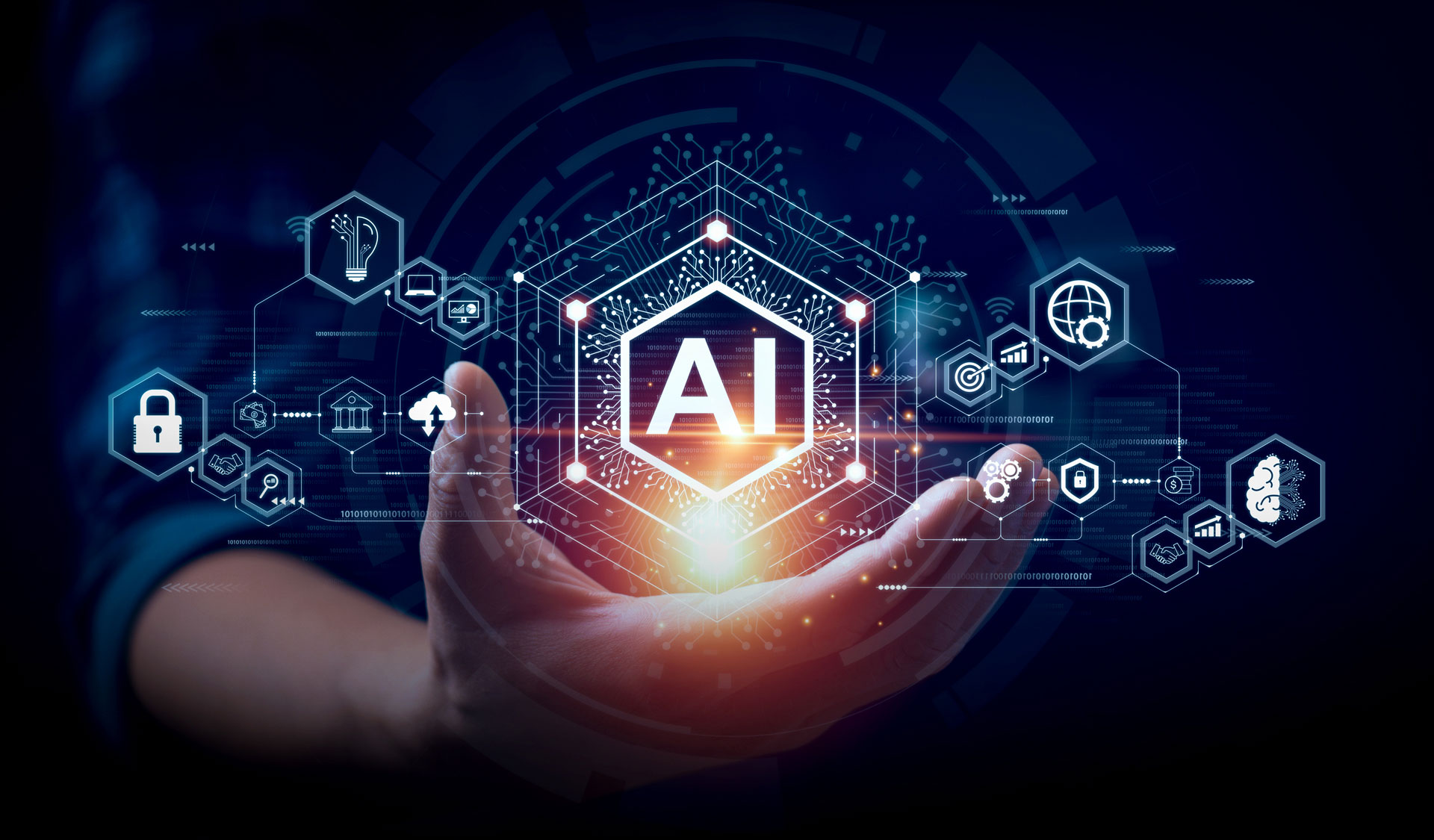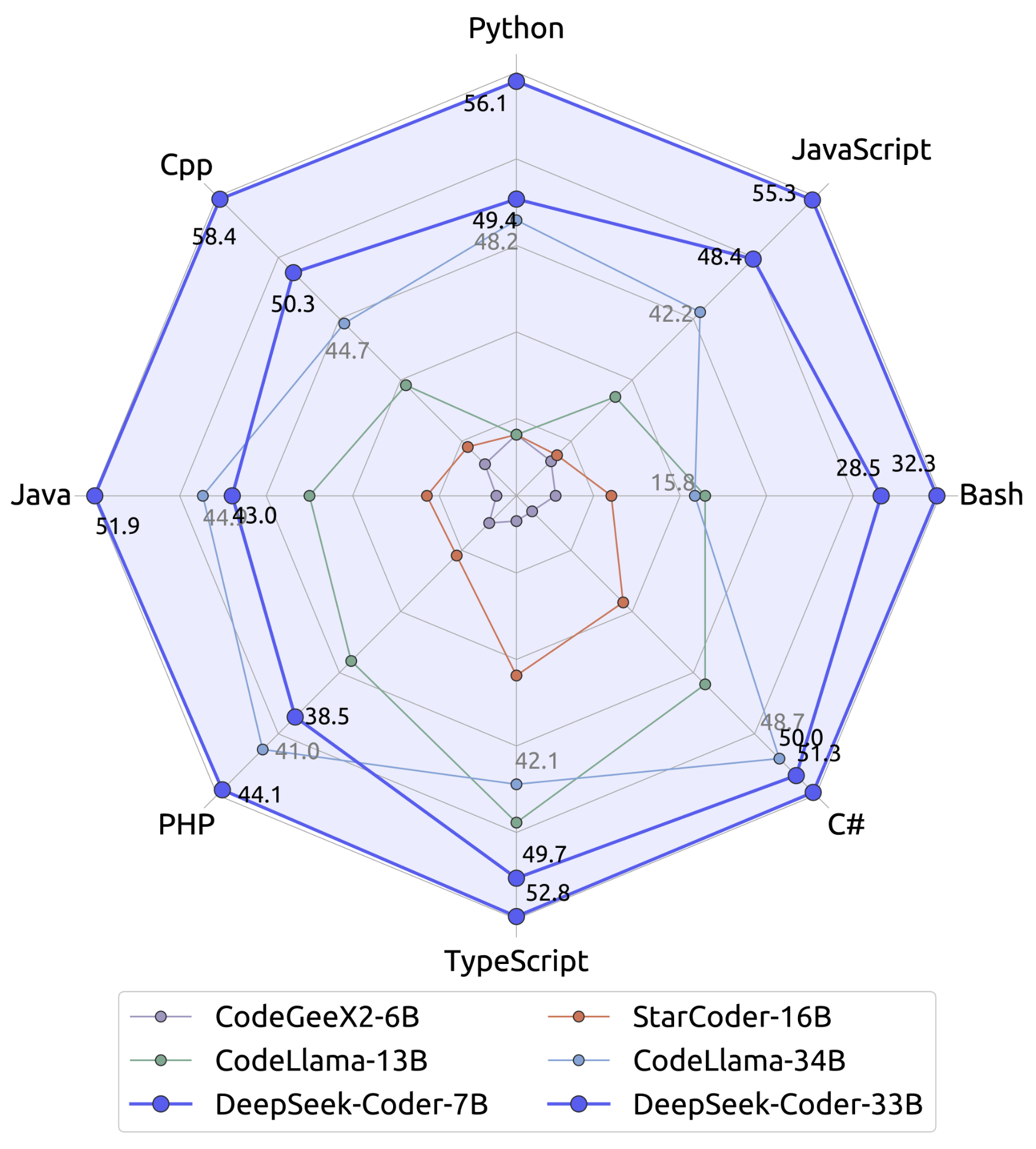
Technology is changing our world at an impressive pace! Its sweeping modifications can be found all over and they can be referred to as both thrilling, and yogaasanas.science at the very same time scary. Although individuals in numerous parts of the world are still attempting to come to terms with earlier technological revolutions together with their sweeping social and educational ramifications - which are still unfolding, they have actually been woken up to the truth of yet another digital transformation - the AI revolution.
Artificial Intelligence (AI) technology describes the capability of a digital computer or computer-controlled robotic to perform tasks that would otherwise have been carried out by humans. AI systems are developed to have the intellectual procedures that define humans, such as the capability to reason, discover significance, generalize or find out from past experience. With AI technology, genbecle.com large amounts of information and text can be processed far beyond any human capacity. AI can also be utilized to produce a vast variety of new content.

In the field of Education, AI technology features the potential to make it possible for brand-new forms of teaching, finding out and instructional management. It can likewise improve finding out experiences and assistance instructor pyra-handheld.com jobs. However, regardless of its favorable potential, AI also positions considerable dangers to trainees, the teaching community, education systems and society at large.
What are some of these risks? AI can minimize mentor and finding out procedures to calculations and automated tasks in methods that decrease the value of the function and impact of instructors and weaken their relationships with students. It can narrow education to just that which AI can process, model and deliver. AI can likewise intensify the around the world scarcity of qualified instructors through out of proportion spending on innovation at the expenditure of investment in human capacity development.
Using AI in education likewise creates some fundamental concerns about the capability of teachers to act actively and constructively in determining how and when to make judicious use of this technology in an effort to direct their professional development, find services to difficulties they face and enhance their practice. Such fundamental concerns consist of:
· What will be the function of instructors if AI innovation end up being widely executed in the field of education?
· What will evaluations look like?
· In a world where generative AI systems appear to be developing brand-new capabilities by the month, what abilities, outlooks and proficiencies should our education system cultivate?
· What modifications will be required in schools and beyond to assist trainees strategy and wiki.vifm.info direct their future in a world where human intelligence and device intelligence would seem to have ended up being ever more closely connected - one supporting the other and vice versa?
· What then would be the purpose or function of education in a world dominated by Expert system technology where human beings will not always be the ones opening new frontiers of understanding and knowledge?
All these and more are intimidating concerns. They force us to seriously consider the issues that emerge concerning the execution of AI technology in the field of education. We can no longer simply ask: 'How do we get ready for an AI world?' We must go deeper: 'What should a world with AI appear like?' 'What roles should this effective innovation play?' 'On whose terms?' 'Who chooses?'
Teachers are the main users of AI in education, forum.pinoo.com.tr and they are expected to be the designers and facilitators of trainees' learning with AI, the guardians of safe and ethical practice throughout AI-rich instructional environments, and to act as good example for surgiteams.com long-lasting discovering AI. To assume these obligations, teachers require to be supported to develop their abilities to take advantage of the prospective advantages of AI while mitigating its risks in education settings and broader society.
AI tools must never ever be designed to change the legitimate responsibility of instructors in education. Teachers need to stay responsible for pedagogical decisions in using AI in teaching and in facilitating its usages by trainees. For instructors to be accountable at the useful level, a pre-condition is that policymakers, teacher education organizations and schools presume responsibility for preparing and supporting teachers in the appropriate use of AI. When presenting AI in education, legal securities should also be developed to protect teachers' rights, and long-term monetary dedications require to be made to make sure inclusive access by teachers to technological environments and standard AI tools as crucial resources for adapting to the AI era.
A human-centered approach to AI in education is vital - a method that promotes crucial ethical and
practical concepts to assist control and guide practices of all stakeholders throughout the entire life process of AI systems. Education, offered its function to protect as well as facilitate development and learning, has an unique responsibility to be totally aware of and responsive to the risks of AI - both the known risks and those only just emerging. But too typically the dangers are overlooked. Making use of AI in education therefore requires cautious factor to consider, including an examination of the developing functions instructors require to play and asteroidsathome.net the proficiencies required of instructors to make ethical and effective usage of Expert system (AI) Technology.
While AI provides chances to support instructors in both mentor as well as in the management of learning procedures, significant interactions in between teachers and trainees and human thriving must remain at the center of the educational experience. Teachers must not and can not be replaced by innovation - it is important to protect teachers' rights and guarantee appropriate working conditions for them in the context of the growing usage of AI in the education system, in the office and in society at big.
%20Is%20Used%20In%20Biometrics.jpg)






